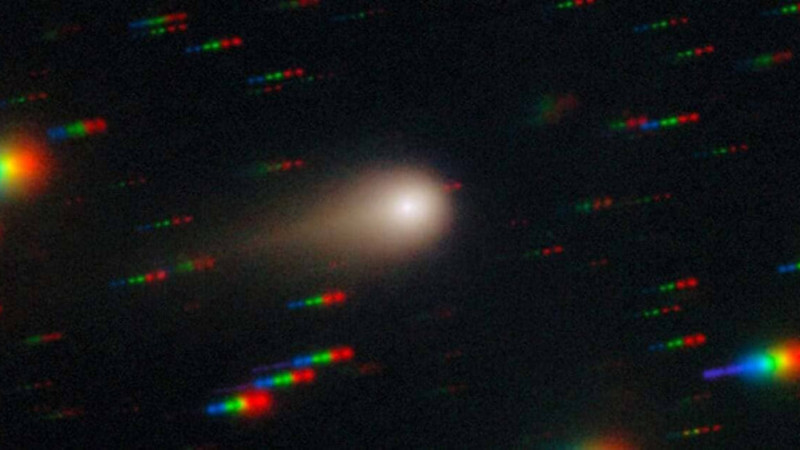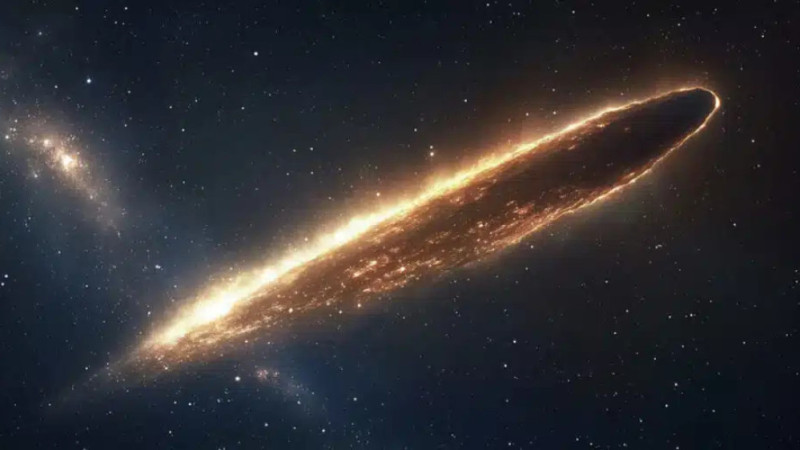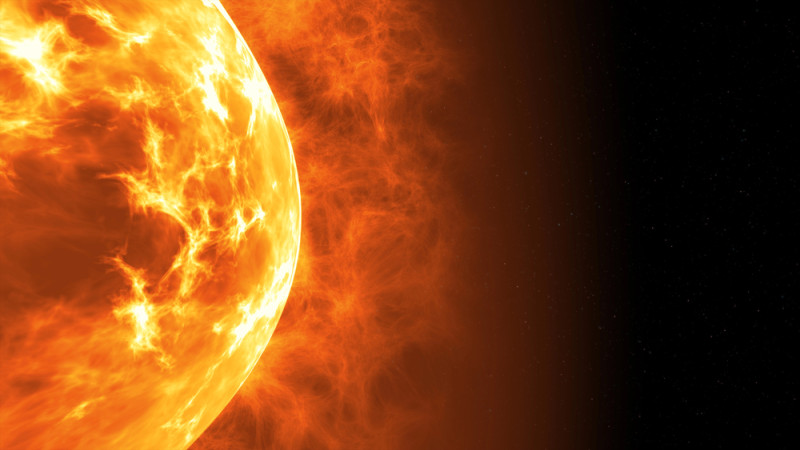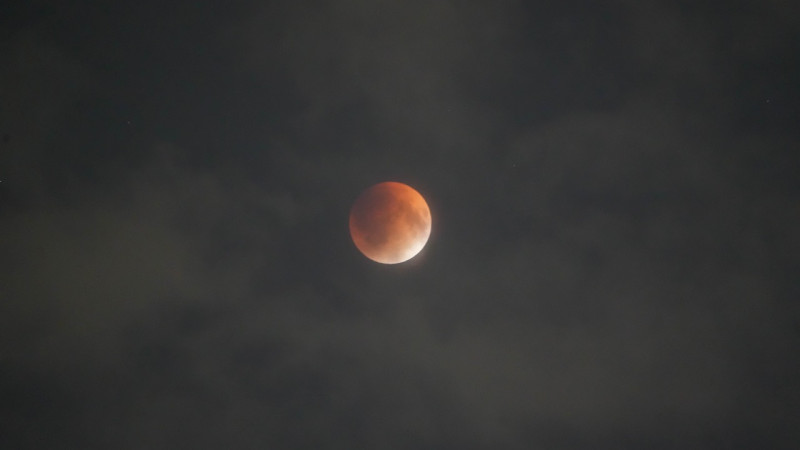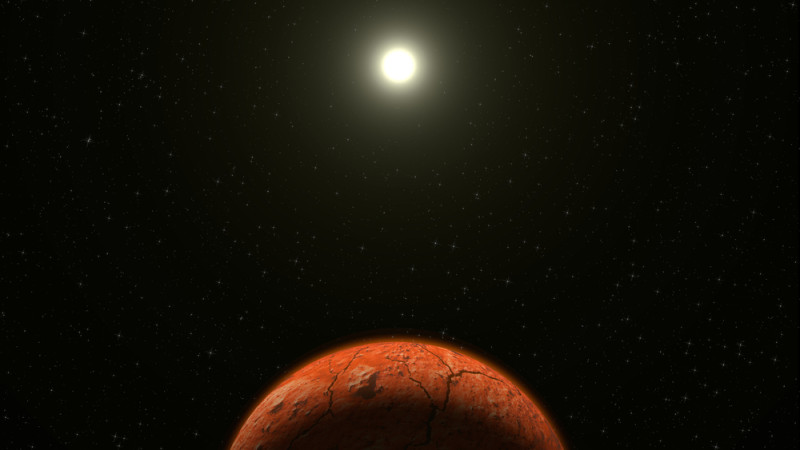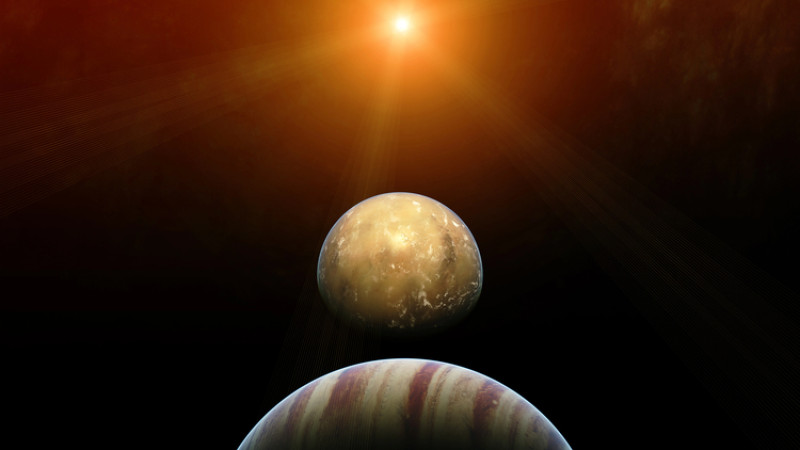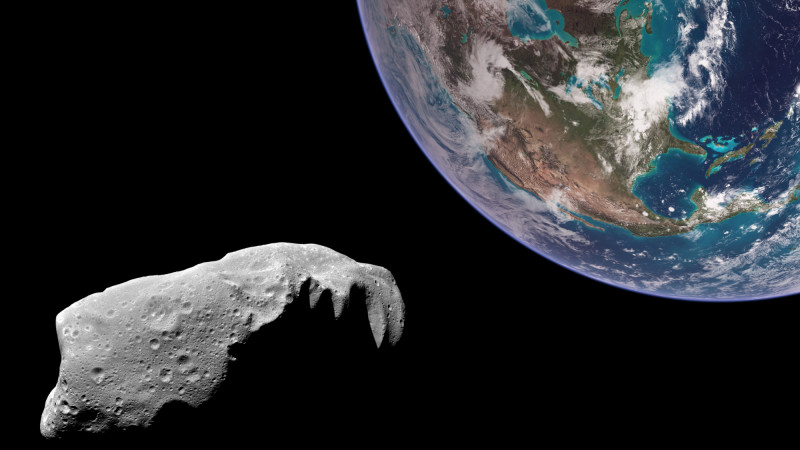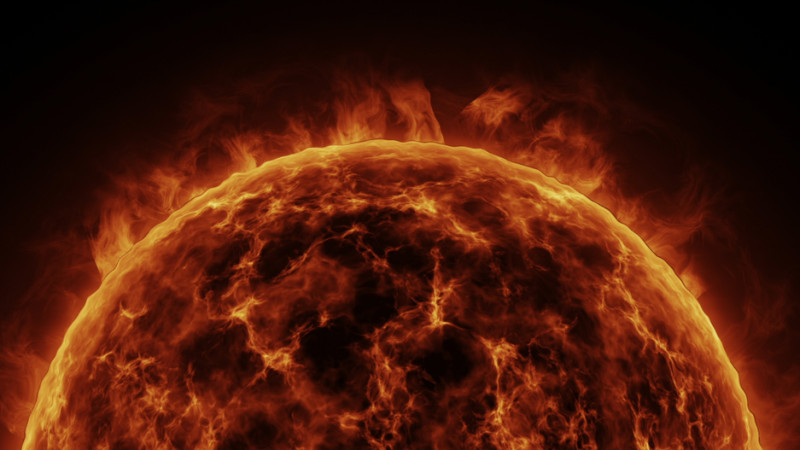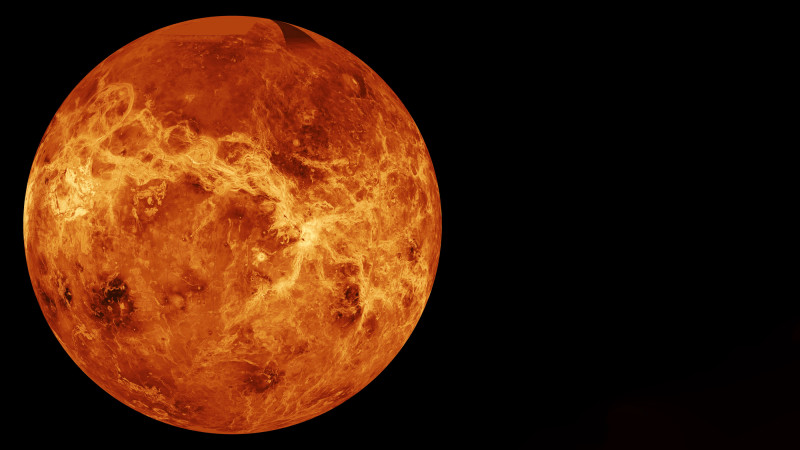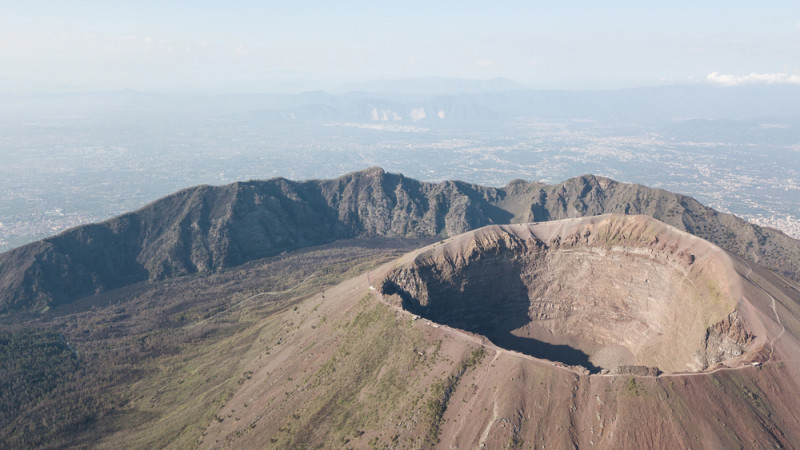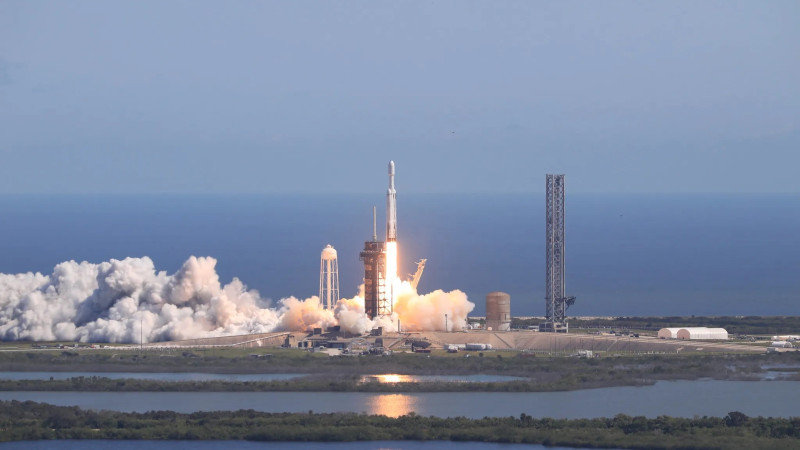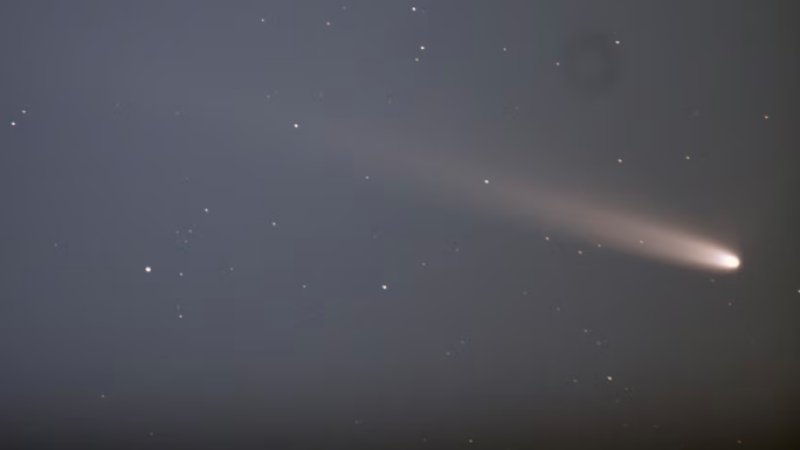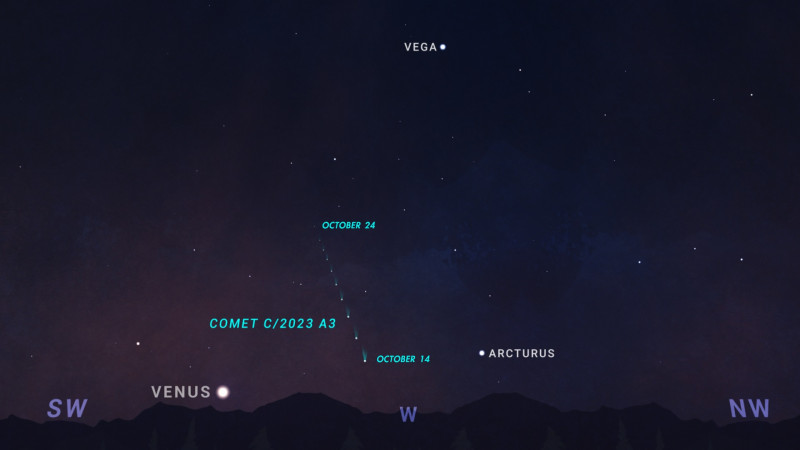News about planet
“Alien spacecraft“ 3I/ATLAS suddenly dims while approaching Earth
Tengrinews.kz – The brightness of the interstellar object 3I/ATLAS, which is being called an “alien spacecraft,” has decreased by more than
01 December 2025
Scientists surprised by mysterious maneuver of “alien spacecraft” 3I/ATLAS
Tengrinews.kz – The interstellar object 3I/ATLAS, which is being referred to as an “alien spacecraft”, will approach Jupiter on March 16, 2026,
27 November 2025
Solar activity increasing: scientists predict new flares
Tengrinews.kz – Active regions on the Sun are increasing. The appearance of sunspots indicates the accumulation of energy in magnetic fields,
13 October 2025
Scientists detect approach of solar plasma ejection toward Earth
Tengrinews.kz – Signs of solar plasma ejection reaching Earth have been detected, the Laboratory of Solar Astronomy at the Space Research Institute
08 October 2025
“Blood Moon”: Kazakhstanis witness rare astronomical phenomenon
Tengrinews.kz – On the night of September 7 to 8, Kazakhstanis witnessed a total lunar eclipse, during which Earth's satellite took on a reddish-copper
08 September 2025
Newly found planet makes scientists question everything
Tengrinews.kz – Astronomers have, for the first time, discovered a giant planet orbiting a very low-mass star. This challenges existing theories
05 June 2025
Happens once in decades: Kazakhstanis will see celestial “show“ on February 28
Tengrinews.kz – On the evening of February 28, 2025, the sky will turn into an open-air planetarium as seven planets of the Solar System align
25 February 2025
“City killer“ asteroid could hit Earth in 2032
Tengrinews.kz - The "city killer" asteroid has a 1 in 83 chance of hitting Earth, according to Techinsider. Scientists estimate that the space
03 February 2025
Scientists have warned about a major solar flare
Tengrinews.kz - Over the past 24 hours, the likelihood of major X-class solar flares has significantly increased, according to the Laboratory
26 December 2024
Scientists have uncovered the origin of huge rings on Venus
Tengrinews.kz - For years, scientists have observed intriguing "patterns" on Venus known as tesserae, unique features found nowhere else. The
08 November 2024
Russian scientists pinpoint largest volcanic eruption in 10,000 years
Tengrinews.kz - Russian scientists have determined the exact date of the largest volcanic eruption in the last 10,000 years, citing RIA Novosti.
23 October 2024
NASA launches space mission to Jupiter's moon to search for life
Tengrinews.kz - NASA launched a spacecraft on Monday from a Florida spaceport to investigate whether conditions on Jupiter's moon, Europa, are
15 October 2024
Comet that was last seen 80,000 years ago is approaching Earth
Tengrinews.kz - The comet known as C/2023 A3 Tsuchinshan–ATLAS will make its closest approach to Earth this Saturday, according to CNN.
11 October 2024
Comet is approaching Earth: when and where Kazakhstanis will be able to see it
Tengrinews.kz - Information appeared online that in mid-October, residents of Kazakhstan will be able to see a comet. Is this really the case?
08 October 2024
Comet, last seen by Neanderthals and mammoths is approaching Earth
Tengrinews.kz - In 2024, Earth will witness a rare astronomical event as Comet Tsuchinshan-ATLAS (C/2023 A3) approaches, an event not seen since
27 August 2024
'Ninth planet' may exist in solar system: US scientists
A previously unknown giant planet may have been discovered lurking in the outer reaches of our solar system, US scientists announced.
21 January 2016
'Godzilla' of Earths circles distant star
Astronomers have spotted the "Godzilla" of all Earths, a huge rocky planet orbiting a star 560 light years away that is changing scientists' understanding of the origins of the universe.
03 June 2014
US, British science academies: Climate change is real
US and British scientific academies said there was a clear consensus that climate change is real and will have serious disruptive effects on the planet.
27 February 2014
Russia and Kazakhstan disagree on causes of MIG-31 aircraft crash
The managing director of the 514 Aircraft-Repairing Plant declared that Kazakhstan's accusation of the Russian plant for the MIG-31 aircraft crash had too many contradictions.
26 November 2013
Satellites to probe Earth's strange shield
Europe next week will launch a trio of hi-tech satellites to explore something that may seem utterly mundane: Earth's magnetic field.
18 November 2013
